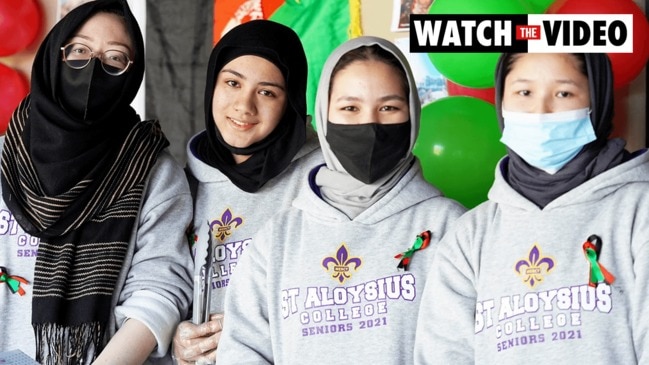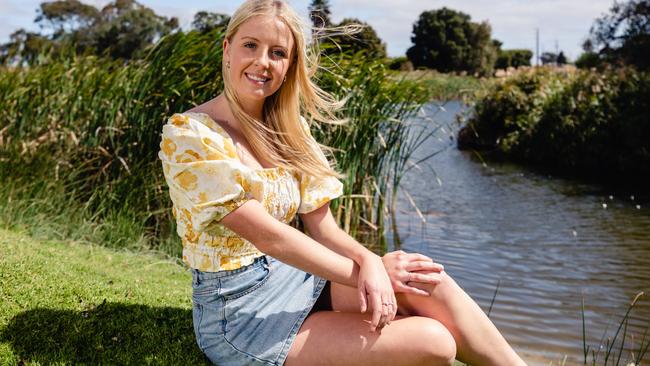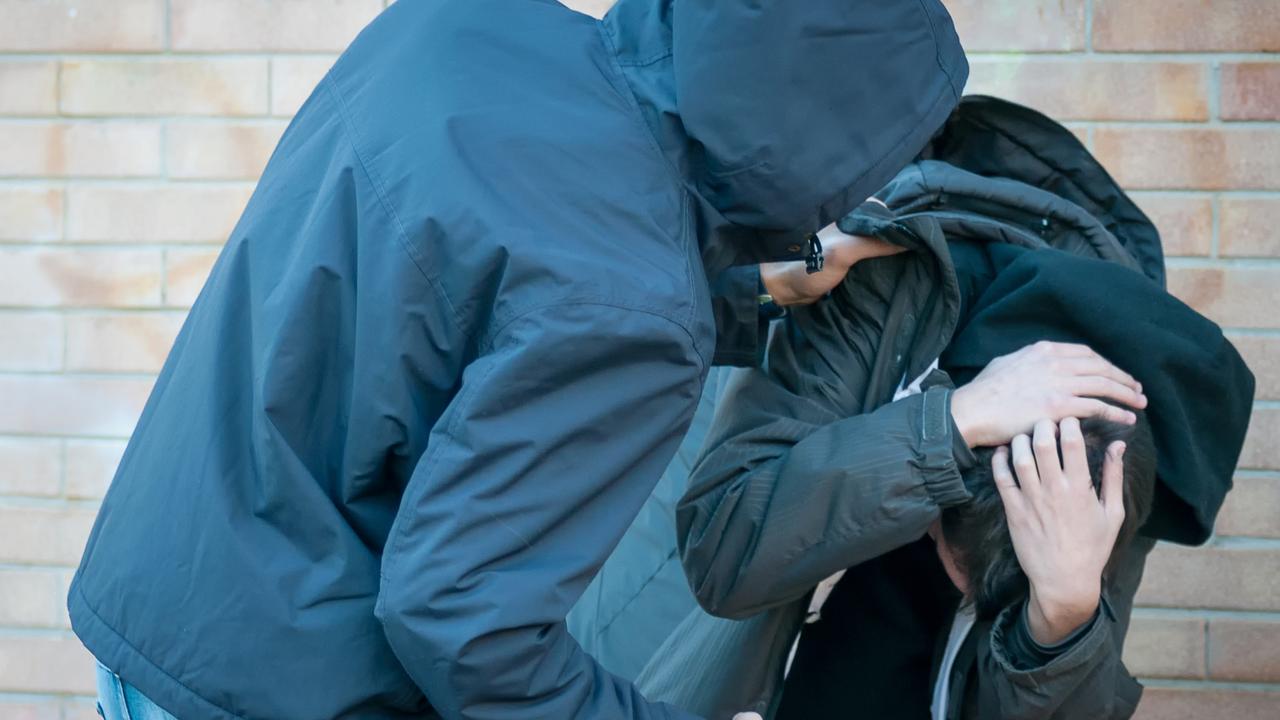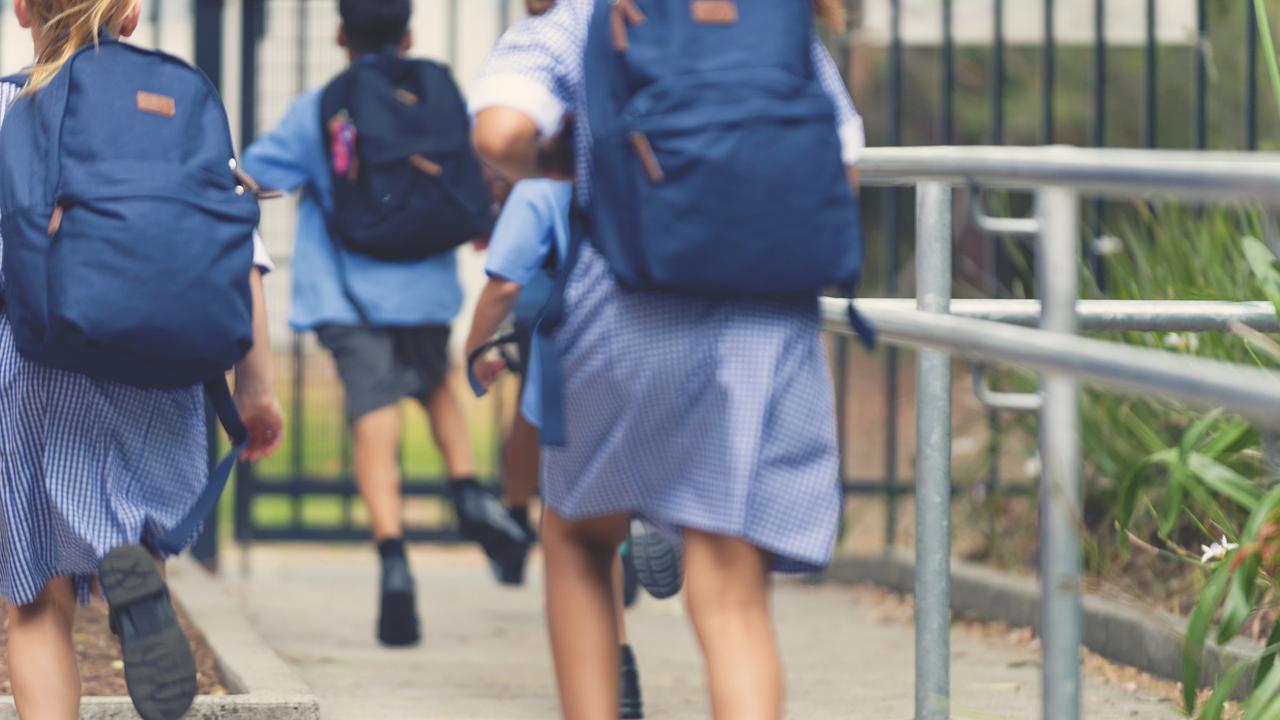Reformed SACE research project trialled at 58 SA schools this year
More than 50 SA schools will trial a major reform to the SACE research project, one of the biggest parts of year 12.

Education
Don't miss out on the headlines from Education. Followed categories will be added to My News.
Major changes to a key, compulsory subject at high school will be trialled this year, broadening student choice.
An entrepreneurial business project, a leadership role at school or the community or university-oriented work are likely options in a replacement to the compulsory research project.
The long-awaited reform to the SA Certificate of Education is planned to apply to all schools from 2023, pending a trial at 58 schools this year.
The SACE Board, which runs the senior school curriculum, said it was committed to every student being able to shine.
The compulsory personal learning plan – usually taken in year 10 – will also change, with students to say “who they want to be” rather than “what they want to do”.
“Successful learning and the ability to thrive is not purely based on academic results,” the SACE Board said.
“Every student is different, and the revitalised subjects are designed to allow each student to build upon their knowledge, skills, attitudes and dispositions, allowing them to thrive so they can shape their future.”
The personal learning plan will be renamed “Exploring: Identities and Futures” and the research project “Activating: Identities and Futures”.
In the new-look investigative subject, students would “follow their own unique interests and enhance their ways of thinking”.
“So instead of following the usual methods of research, students will come up with their own ways to solve a problem,” the SACE Board said.
The existing research project already allows students to investigate any topic – from sciences, arts, sport, politics or community.
However, a review in 2018 recommended it be broadened further to include entrepreneurial or vocational skills, partly because it favoured students aiming for university who could write well or had “strong networks of useful contacts”.
“Students on a vocational pathway; students who are less advantaged; and students with restricted networks, learning difficulties, language restrictions, or a creative approach to multimodal presentations were all seen as being disadvantaged,” the review found.
As a new batch of students head into their final years from January 31, the class of 2021 is celebrating success and preparing for life after school.
Among them is Streaky Bay Area School graduate Tayla Roberts who achieved the maximum ATAR of 99.95 and whose dedication to study and advocacy for regional education earned her a commendation from SA Governor Frances Adamson.

At Streaky Bay, she was one of only eight year 12s, presenting formidable challenges to study her preferred subjects.
Tayla, 18, took biology and chemistry through Tumby Bay, nutrition at Edward John Eyre in Whyalla and the rest through Streaky Bay.
This was possible by using online lessons and intensive practicals bundling topics into a few session at Streaky or at the other schools.
A Rural Youth Ambassador, she was part of a regional education delegation to Canberra and held talks with the SA Education Department.
She aims to forge a career in health but is still deciding between optometry, physiotherapy and other fields.
“I want to choose something that will allow me to move back to the country and work in a rural community,” she said, adding: “I do love the country lifestyle.”




